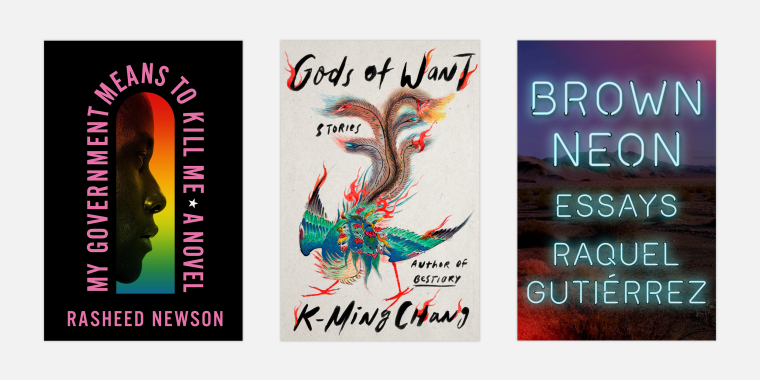This year brought stellar books by and about the LGBTQ community, but what was particularly refreshing was the way 2022’s titles provided new insight into queer lives past and present.
This was a year that explored queer history like never before, thanks to intrepid authors dedicated to tracking down long-lost case studies, classified documents and forgotten stories.
LGBTQ writers also published books experimenting with hybrid works and various literary forms, subverting expectations of their genres and queering not only narratives, but literature itself.
'Secret City'
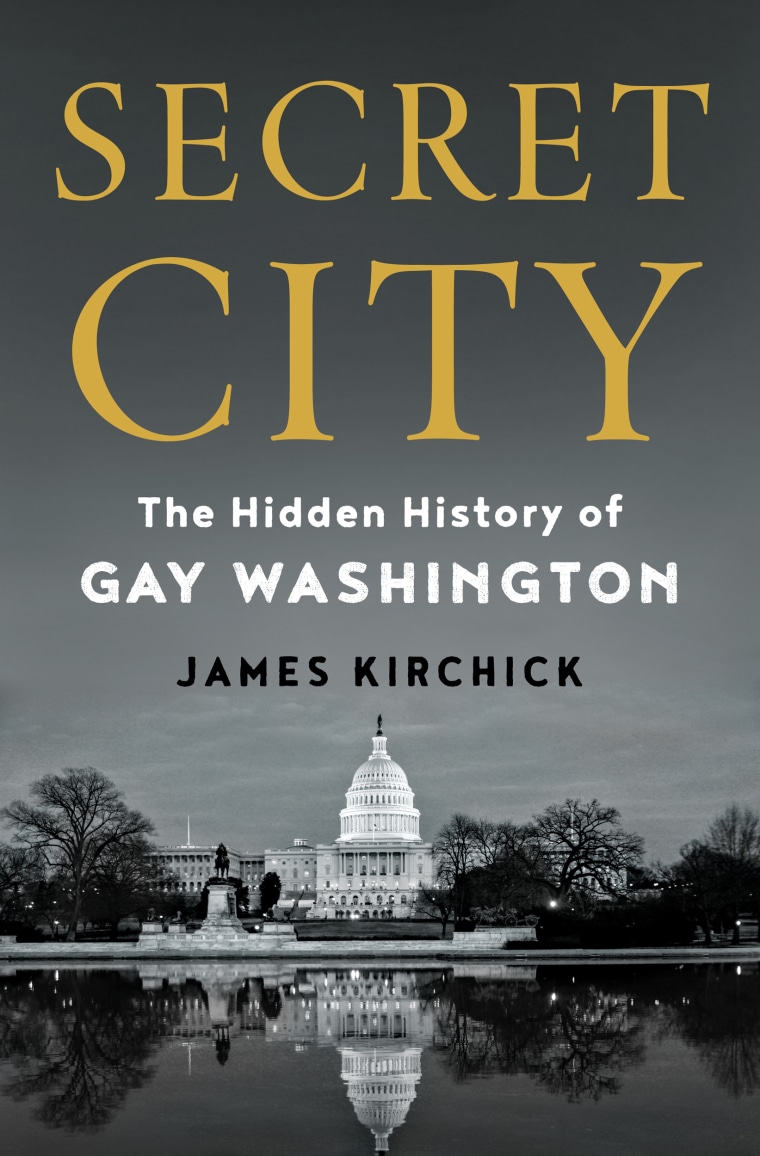
Washington, D.C., is a town of secrets, and it wasn’t until this year that the existence and influence of LGBTQ people in our nation’s capital was cataloged in such an all-encompassing way. “Secret City: The Hidden History of Gay Washington” writer James Kirchick spent years investigating formerly classified government records, presidential archives and long-forgotten interviews to sketch out the decades of queer history between the administrations of Presidents Franklin D. Roosevelt and Bill Clinton. In an NBC News interview with Kirchick earlier this year, the author discussed some of the queer stories lurking in the background of the nation’s capital.
'Helen House'
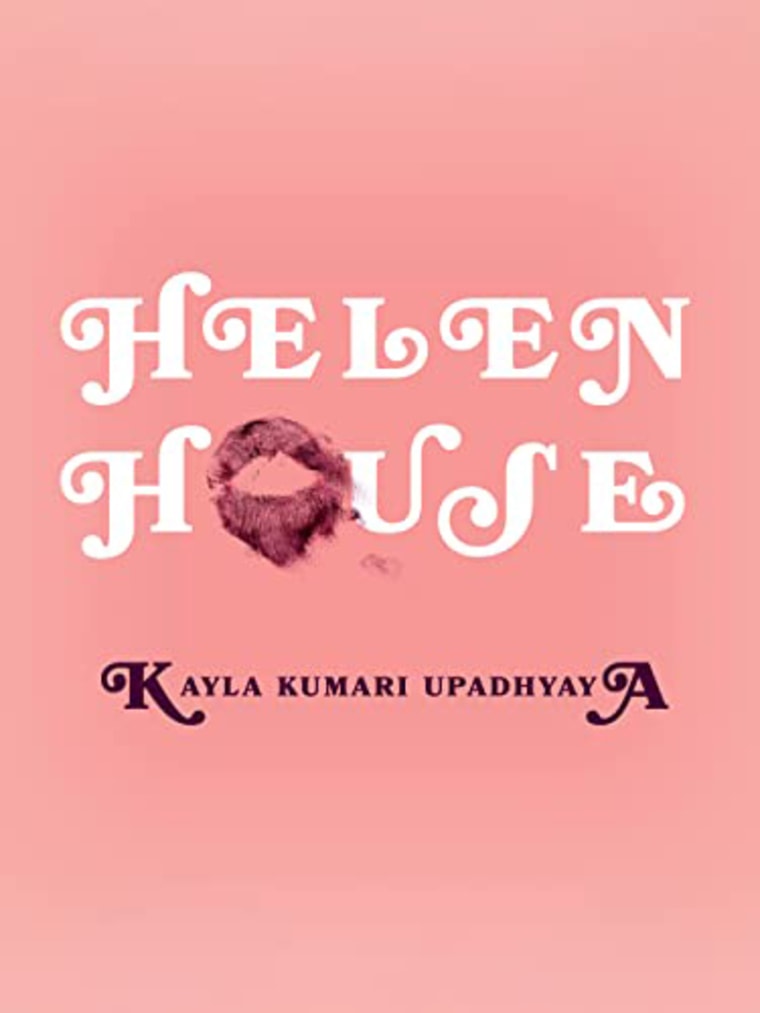
A sexy, gay ghost story that can be read in one delicious sitting, “Helen House” takes an already fraught premise — meeting your girlfriend’s parents — and gives it a haunted twist. The unnamed narrator is in a relationship with Amber, whose parents live in a “looming A-frame in the woods” that’s heated to such a degree that the narrator feels like something is “huffing their fevered breath on me.” A story as much about grief and trauma as it is about the ghosts inside all our families, “Helen House” by Kayla Kumari Upadhyaya is a trip through what really haunts us.
'Flung Out of Space'
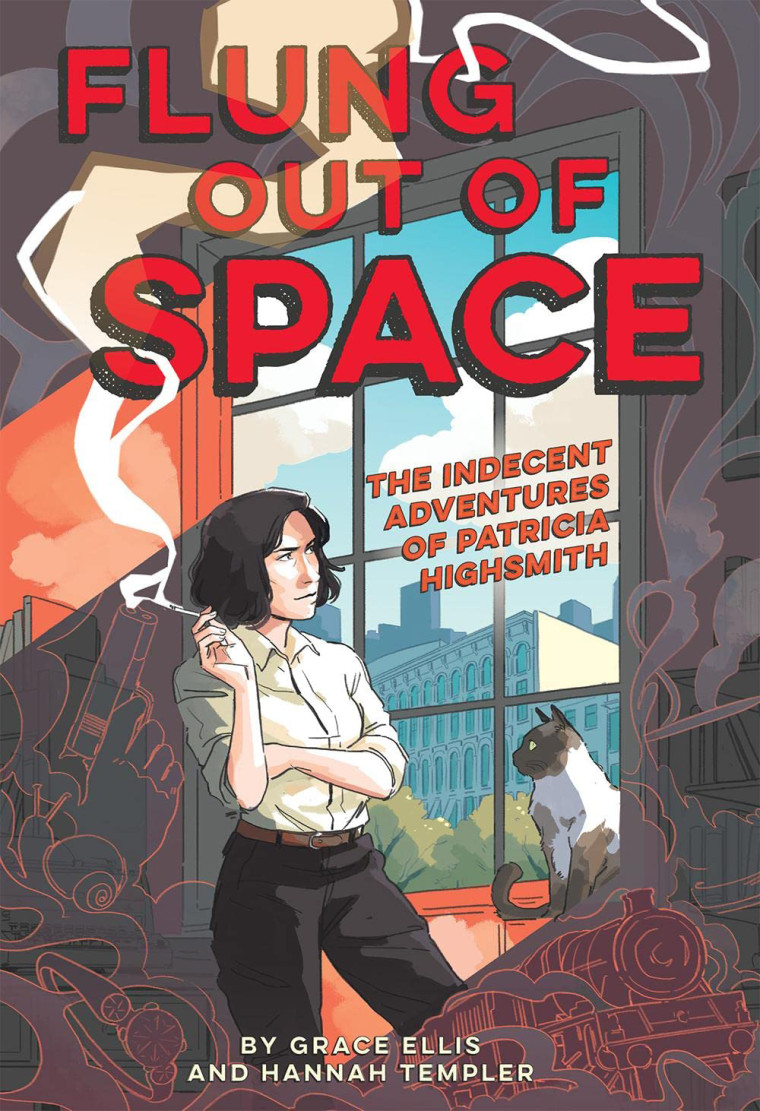
Along with the gay internet, NBC News celebrated “Carol Season,” the yearly meme-fest dedicated to the 2015 film “Carol.” The film is based on Patricia Highsmith’s 1952 novel “The Price of Salt,” which she first published under a pseudonym. “Flung Out of Space: Inspired by the Indecent Adventures of Patricia Highsmith” is a graphic novel written by Grace Ellis and illustrated by Hannah Templer that tells a reimagined behind-the-scenes story of “The Price of Salt” through the eyes of Highsmith — an acerbic, problematic and self-loathing writer who drank, smoked and had tortured love affairs that left her scribbling in her notebook.
'My Government Means to Kill Me'
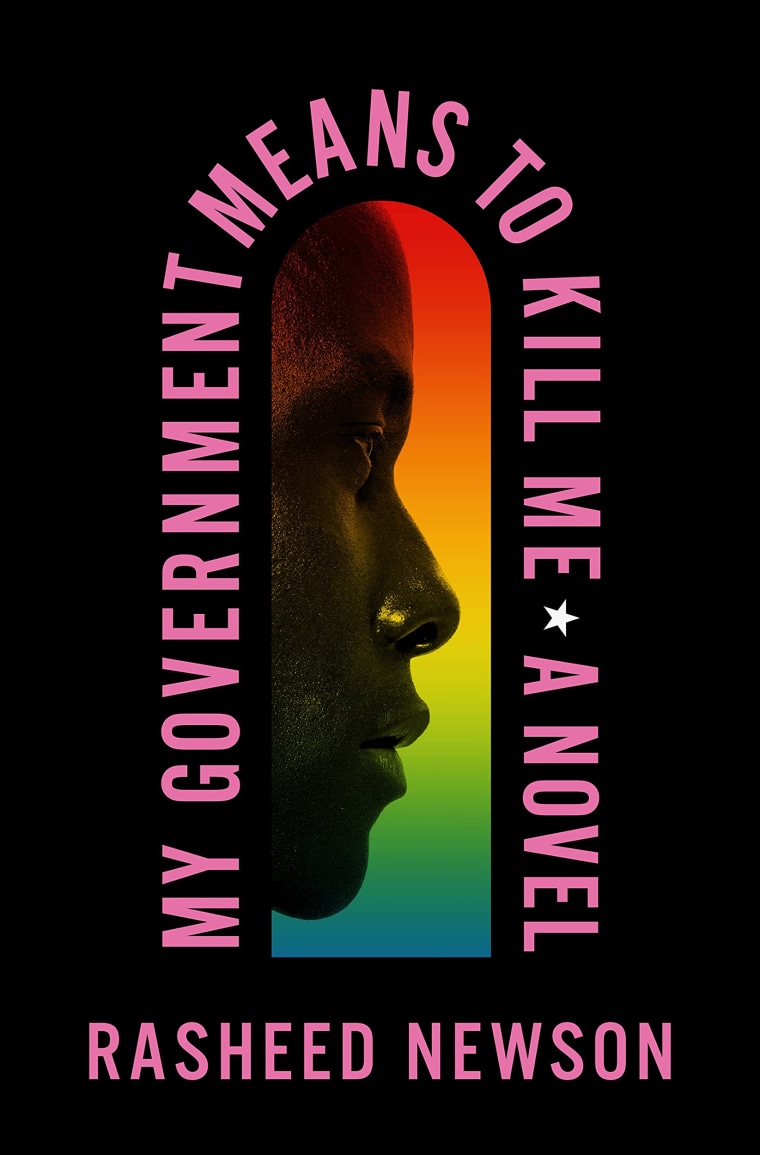
It’s the 1980s and Earl “Trey” Singleton III is a wealthy, gay, Black teen who has given up his trust fund and run away from his Indiana home to “be able to lay sole claim to my successes and failures.” He heads to New York City at the beginning of the AIDS epidemic, first landing at the Chelsea Hotel. “My Government Means to Kill Me” by Rasheed Newson is written in the form of a memoir and covers two years of Trey’s various jobs, entanglements and associations. A surprising bonus to this fictional coming-of-age story is the book’s footnotes, which reference real-life people and events and give readers historical context and a new way to learn queer history. That the book is divided into lessons, not chapters, suggests that as Trey learns who he is, we learn who we are, too.
'Gods of Want'
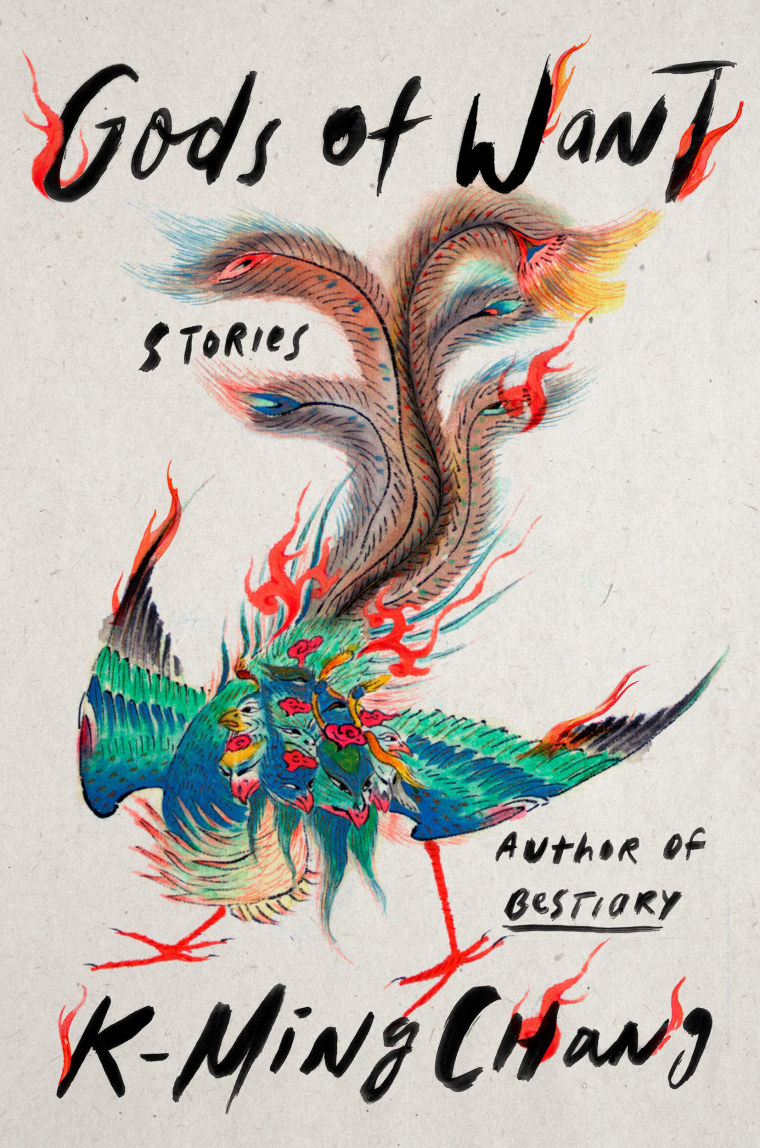
An exhilarating collection of short stories examining queerness, the body, memories and myths, K-Ming Chang’s “Gods of Want” is a lyrical assortment that’s as fast-paced as it is fantastical, at turns fairy tale and parable. The stories range from a tale of ghost cousins haunting a living relative to an adventure of two young girls who speak of eloping. Strange and surreal, this collection will leave readers with a renewed sense of what’s possible if you just let your imagination run a little harder, a little wilder.
'Brown Neon'
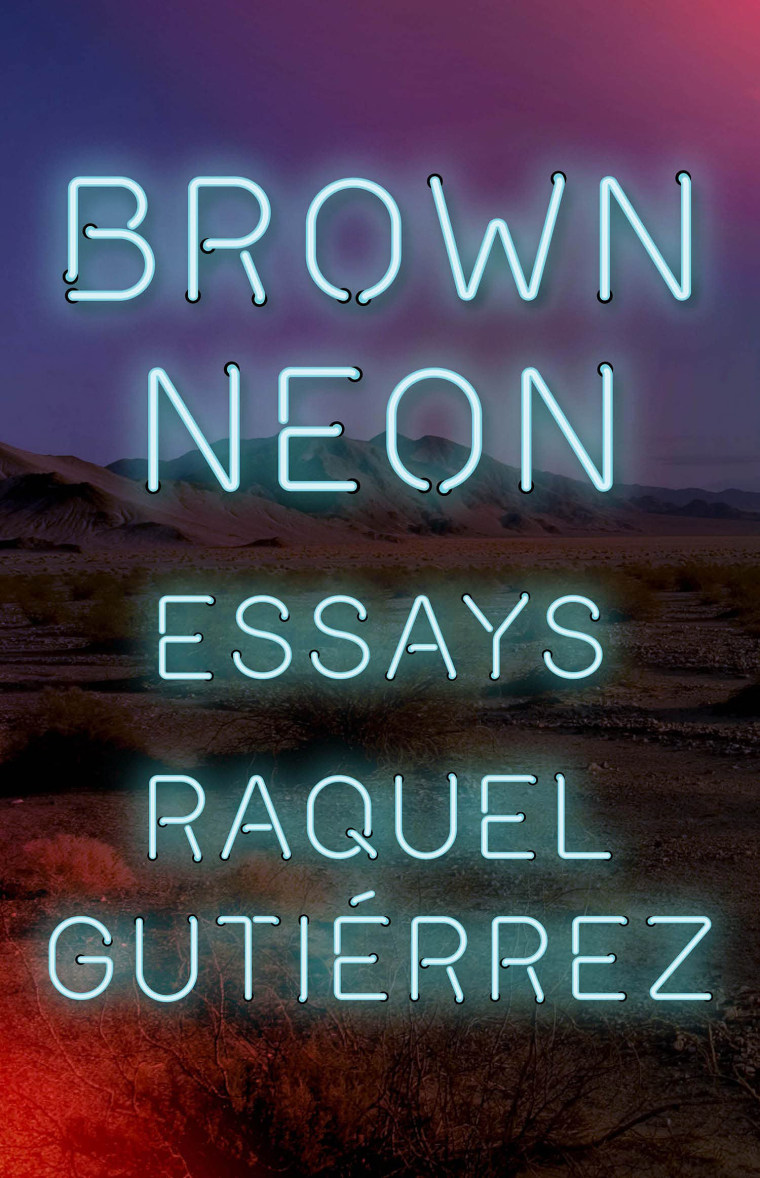
A book of essays that is at various turns a memoir of butch identity, a travel diary and an exploration of intergenerational queer dynamics, this collection is rooted in the dusty, sepia-toned landscapes of both memory and the southwestern deserts. Growing up in ‘80s Los Angeles to parents from El Salvador and Mexico, author Raquel Gutiérrez also considers the migrants’ journey and the way migratory traumas haunt families and communities. A poet, educator and accomplished arts critic, Gutiérrez imbues “Brown Neon” with references to art, artists and history — and considers what it means to be a Latinx artist working today.
'Solo Dance'
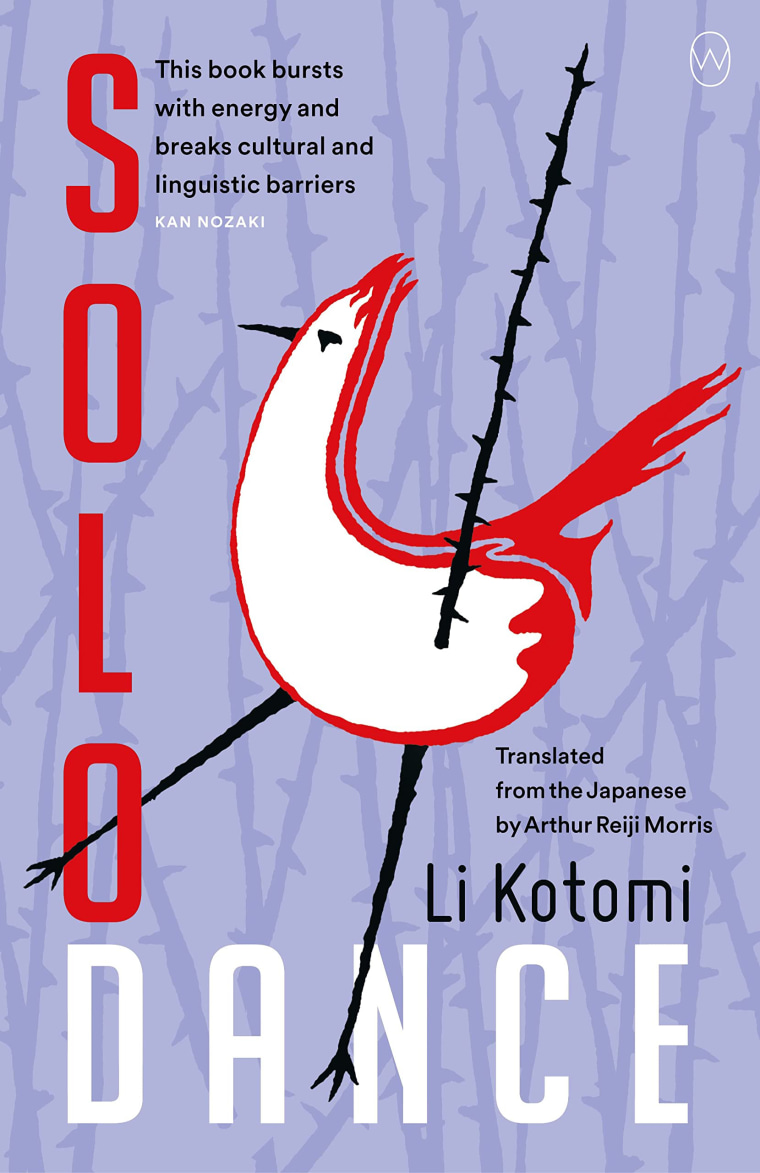
A novel that examines mental illness and has a preoccupation with death, this story of identity searches for meaning. The protagonist is Chō Norie, a closeted corporate worker in Japan. As we get to know Chō, it’s revealed that she was born in Taiwan as Yingmei Zhao and moved to Tokyo to start over after experiencing a traumatic event. “Solo Dance” incorporates references to Japanese and Taiwanese literature, particularly “Notes of a Crocodile” by Qiu Miaojin, a 1994 novel that’s a significant literary touchstone for Taiwanese queer women. “Solo Dance,” written by Li Kotomi and translated from the Japanese by Arthur Reiji Morris, may leave some readers bereft from the depictions of queer trauma, but there’s beauty in the prose and what Chō is searching for.
'The Women’s House of Detention'
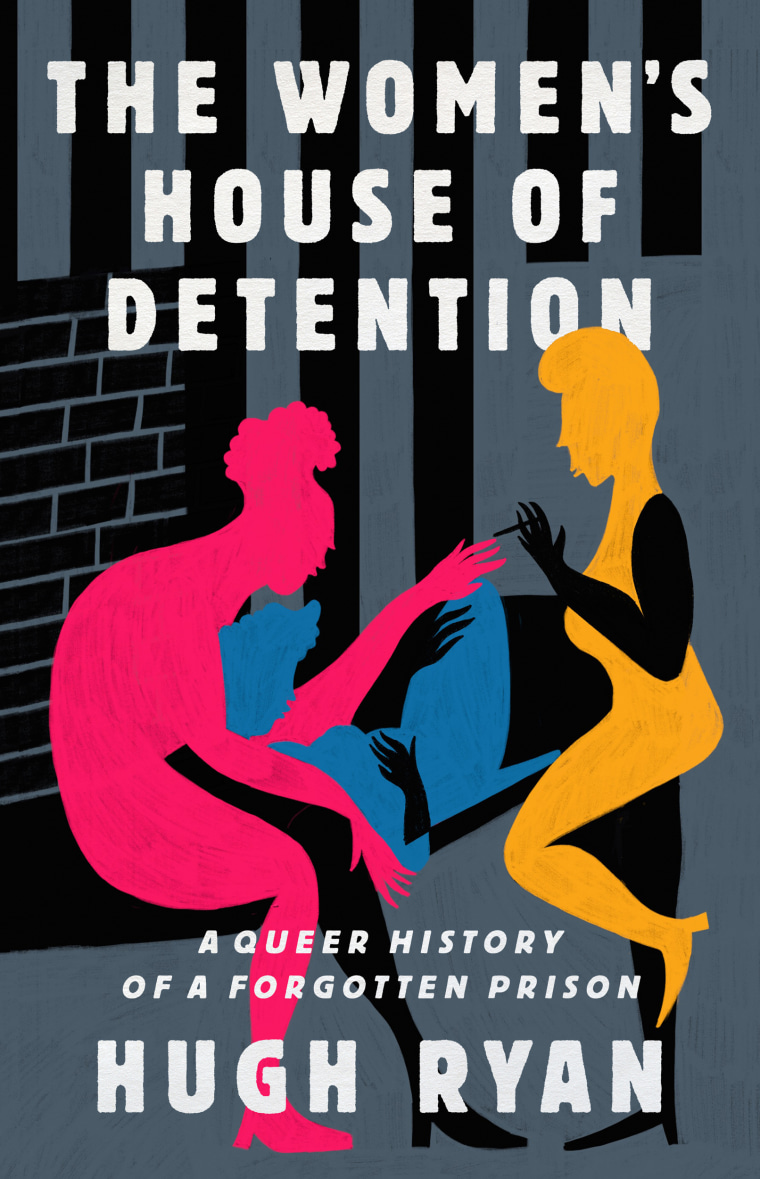
The Women’s House of Detention was a prison that stood in New York City’s Greenwich Village from 1929 to 1974. The now-demolished building was down the street from the historic Stonewall Inn, and while the “House of D,” as it was commonly called, is much less well-known than its famous neighbor, its role in queer history is just as critical. Read NBC News' interview with “The Women’s House of Detention: A Queer History of a Forgotten Prison” writer and historian Hugh Ryan about how the history of the House of D helps us understand the criminalization of queer Americans throughout the 20th century.
'A Minor Chorus'
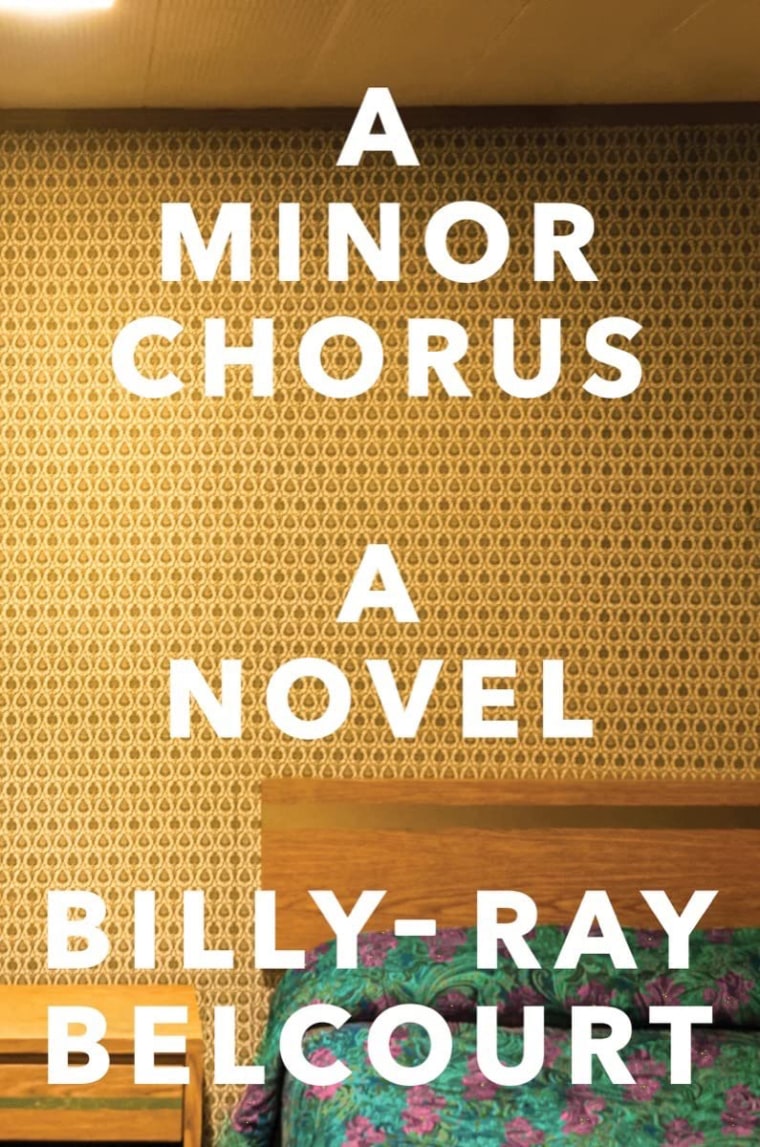
The narrator in this debut novel by Billy-Ray Belcourt is a queer Cree doctoral student disillusioned with academia and “overtaken by new ambitions, a more consuming kind of hunger — a hunger for another way of being in the world.” The narrator sets out to research a new book, heading to their hometown in rural Alberta, Canada, to interview relatives, acquaintances and people of interest, to write something that is both a novel and an “autobiography of a town.” Poetic and searching, “A Minor Chorus” blends autobiographical fiction, fiction, critical theory and oral history to ask questions of masculinity, colonialism and queerness while considering what a place — and a hometown — can hold.
'Didn’t Nobody Give a Shit What Happened to Carlotta'
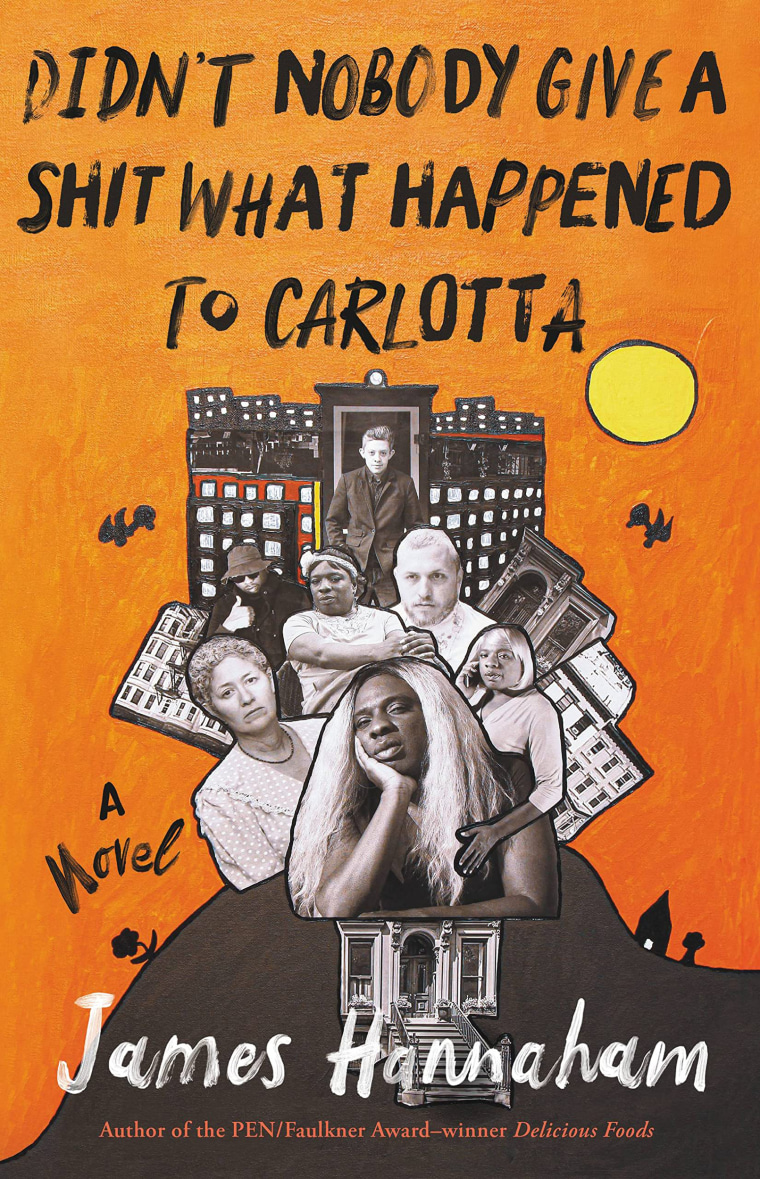
Set over Fourth of July weekend, this novel uses both humor and horror to trace the experience of Carlotta Mercedes, an Afro Colombian trans woman who returns to Brooklyn, New York, after being incarcerated in a men’s prison for the last 20 years. Carlotta bursts off the page with an energy and a wit that make it impossible not to root for her. Funny and slightly chaotic, “Didn’t Nobody Give a Shit What Happened to Carlotta” by James Hannaham experiments with form, switching between first- and third-person, and is great for readers who like a roller coaster.
'Black Cake'
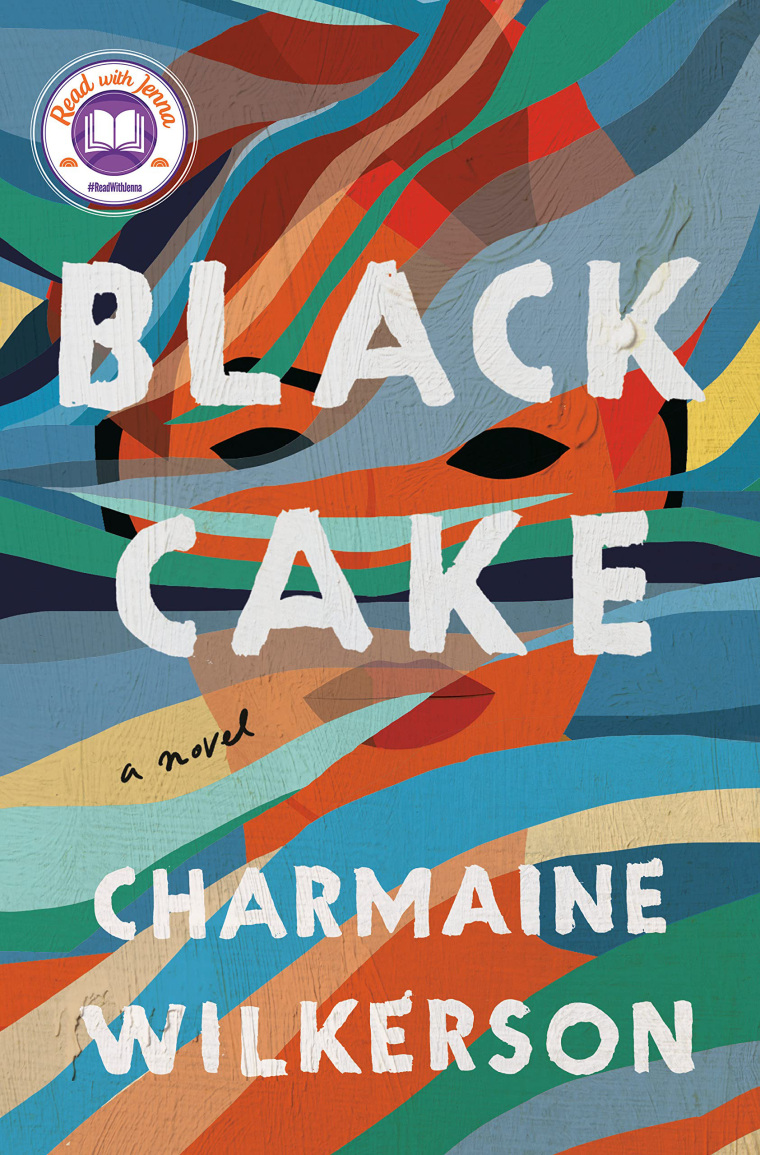
A “Read With Jenna” book club pick, Charmaine Wilkerson’s debut novel begins with the death of a woman named Eleanor Bennett, who leaves behind a traditional Caribbean black cake made from a family recipe and an audio recording filled with secrets. The recipients of this inheritance are her grown children, Byron and Benny. Once close, the two haven’t seen each other for eight years, estranged since Benny came out to the family. A family saga about betrayal, secrets and what is inherited, “Black Cake” is also a story about identity and how choice informs the trajectory of an entire family.
'Time Is a Mother'
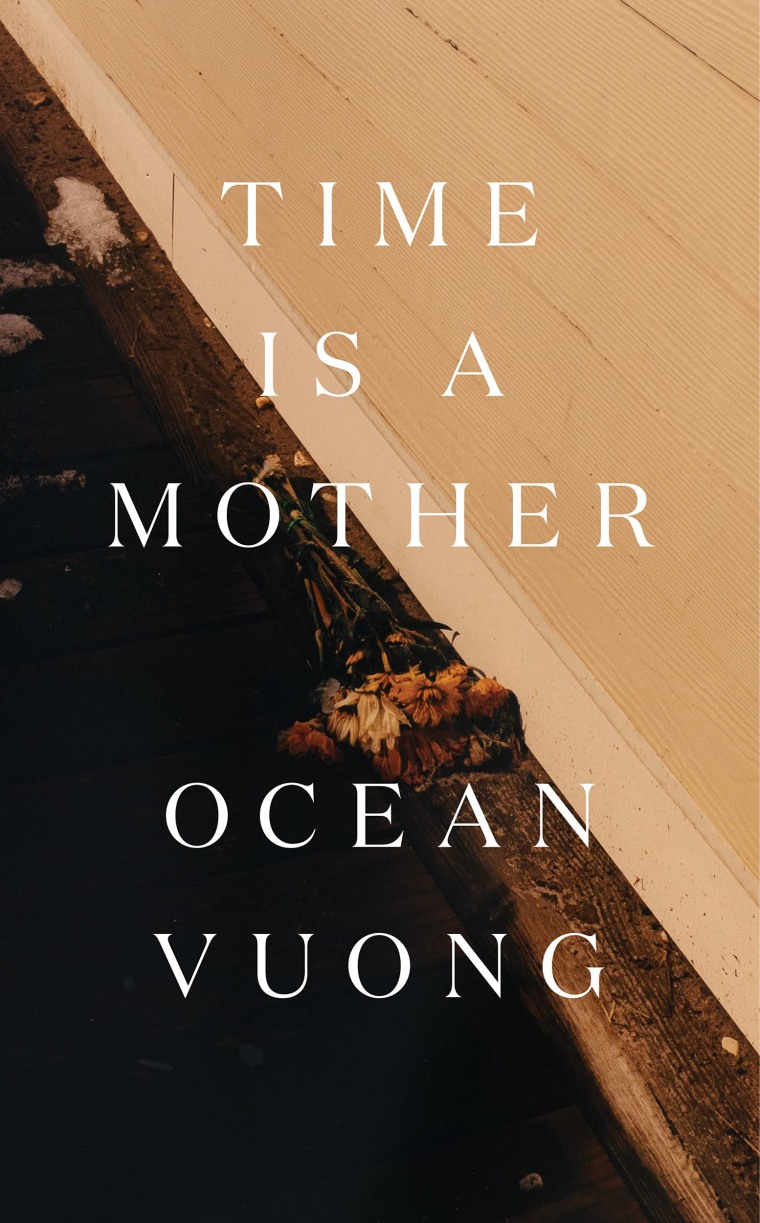
Ocean Vuong’s latest book is a meditation on the loss of his mother, who died from breast cancer in 2019. He worked on “Time Is a Mother” in the early days of the pandemic, and told Time earlier this year that “I was grieving, the world was grieving, and the only thing I really had was to go back to poems.” What emerged is an intimate search for meaning and survival, a book that traces the rhythms of sorrow and loss while attempting to reconcile how a person’s absence can feel so present.
'100 Queer Poems'
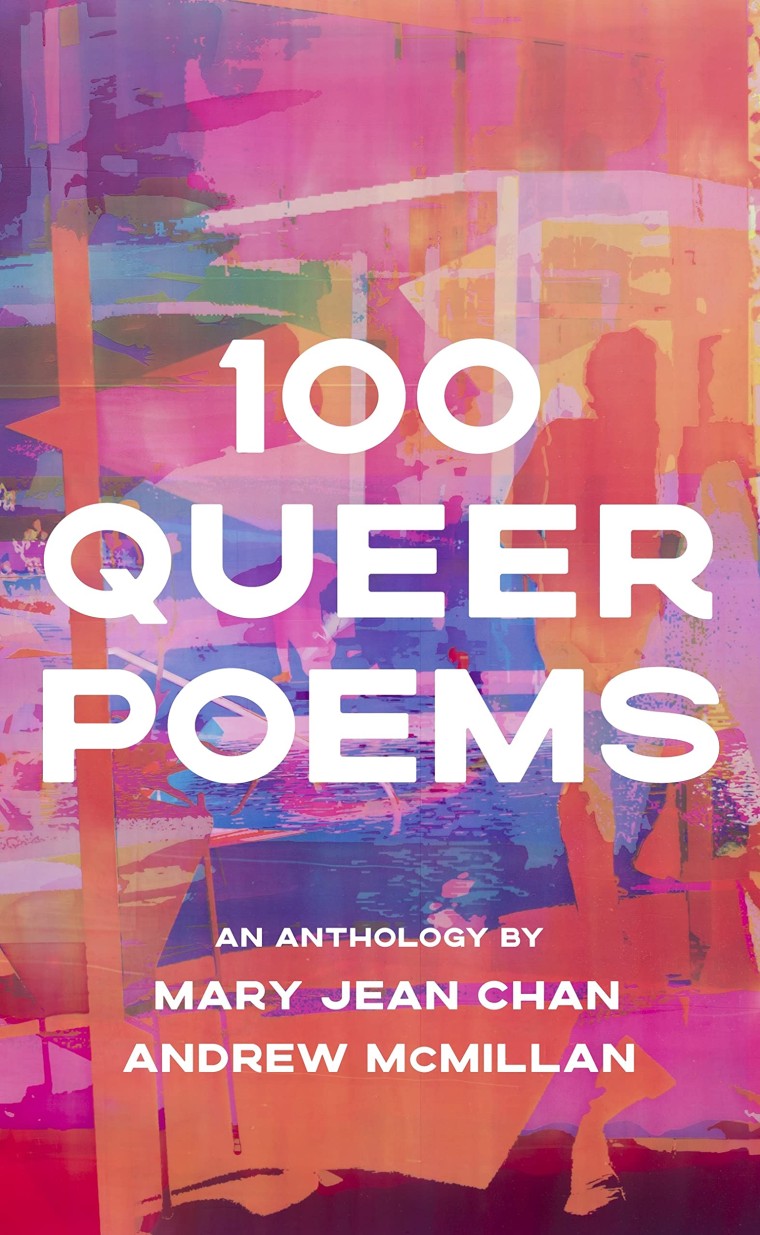
What is a “queer” poem? Is it something written by a queer person, or a poem that is queer in its subject matter? “100 Queer Poems,” edited by Mary Jean Chan and Andrew McMillan, asks this question in its introduction and then seeks to answer it, highlighting poems by those familiar to many readers, including Langston Hughes, Elizabeth Bishop and Wilfred Owen, as well as contemporary poets like Chen Chen, Verity Spott and Jay Bernard. Major anthologies of queer poems are few and far between, the most recent collections being “We Want It All: An Anthology of Radical Trans Poetics” in 2020 and “Nepantla: An Anthology Dedicated to Queer Poets of Color” in 2018. Here’s to more queer poems in 2023!
